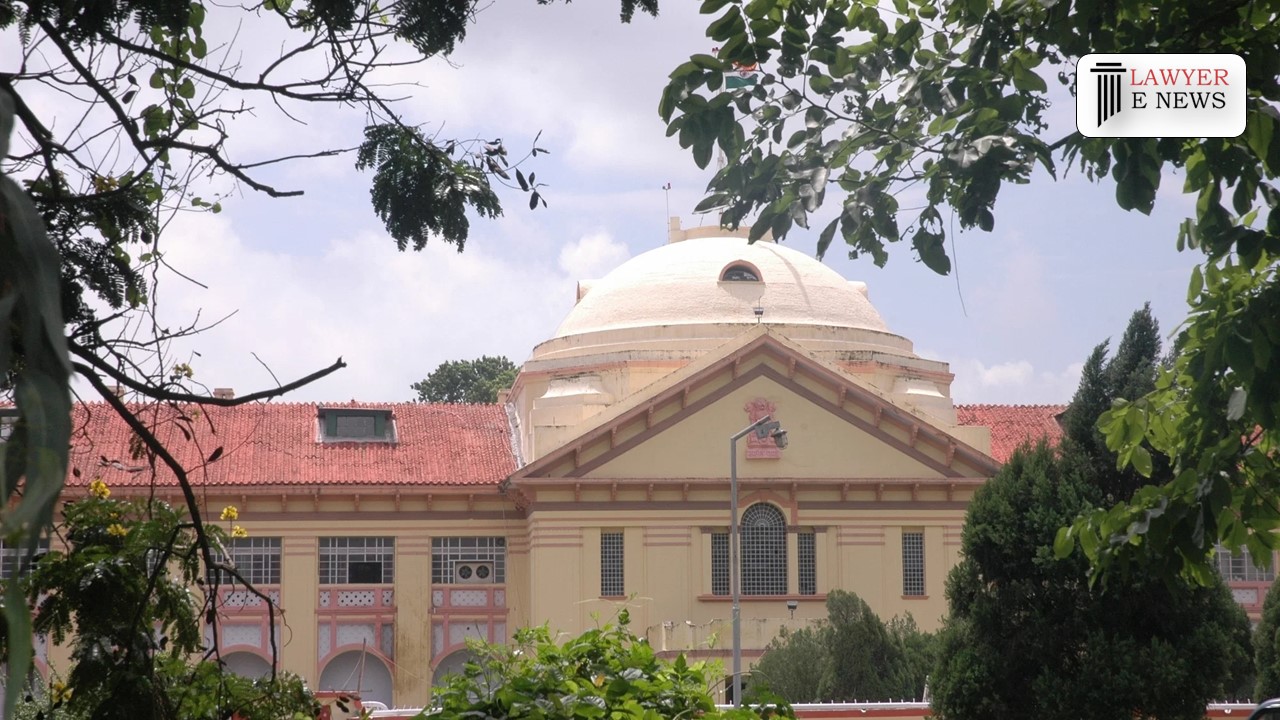-
by Admin
15 February 2026 5:35 AM



High Court overturns conviction due to investigation lapses and doubts about the credibility of the prosecution’s case.”
The Patna High Court has acquitted Ajeet Kumar, who was convicted of raping a 16-year-old girl, reversing the trial court’s verdict. The decision, delivered by Justices Ashutosh Kumar and Jitendra Kumar, highlighted significant discrepancies in the victim’s testimony and the absence of reliable medical and forensic evidence, raising substantial doubts about the prosecution’s case.
The case originated from an incident on April 12, 2022, when the victim, a 16-year-old girl, alleged that Ajeet Kumar raped her behind her grandmother’s house in Begusarai district. The following day, a First Information Report (FIR) was lodged based on the victim’s written report, leading to Kumar’s arrest and subsequent trial. He was convicted under Section 376 of the Indian Penal Code (IPC) and Sections 3 and 4 of the Protection of Children from Sexual Offences (POCSO) Act by the trial court and sentenced to 20 years of rigorous imprisonment.
The court meticulously examined the discrepancies between the victim’s initial written report and her oral testimony during the trial. Justice Ashutosh Kumar noted, “The victim’s statements have significant inconsistencies, particularly regarding the sequence of events and the identification of the appellant. These contradictions undermine the reliability of her account.” The judgment emphasized that the inconsistencies were substantial enough to cast doubt on the prosecution’s version of events [Paras 3-14, 36].
The medical examination conducted on April 15, 2022, did not reveal any injuries consistent with recent sexual assault. Justice Jitendra Kumar remarked, “The absence of any physical injuries or signs of recent sexual activity on the victim’s body significantly weakens the prosecution’s case.” The court also criticized the mishandling of forensic evidence, which included discrepancies in the description and timely dispatch of the seized items to the forensic laboratory [Paras 16-25, 37].
The defense argued that the allegations were fabricated due to a longstanding land dispute between the appellant and the victim’s family. The court found this argument plausible, noting the prosecution’s failure to investigate or rebut this motive. “The existence of a land dispute provides a reasonable doubt about the motive behind the accusation,” the court observed [Paras 5, 35].
The court criticized the prosecution for not invoking the presumptions under Sections 29 and 30 of the POCSO Act, which could have shifted the burden of proof to the accused. Given the substantial doubts raised, the court deemed it inappropriate to apply these presumptions [Paras 40].
The judgment highlighted critical lapses in the investigation, including the failure to examine the potential motives and inconsistencies in the victim’s testimony. “The investigator’s omissions significantly impacted the credibility of the prosecution’s case,” Justice Ashutosh Kumar stated [Paras 34, 39].
Justice Ashutosh Kumar remarked, “The different sequence of events narrated by the victim, which is definitely not in sync with what she had stated in her written report, and the statement of the grandmother of the victim make the prosecution case absolutely doubtful.”
The Patna High Court’s decision to acquit Ajeet Kumar underscores the importance of thorough and unbiased investigation in cases of sexual violence. The court’s detailed examination of inconsistencies and the failure of the prosecution to provide corroborative evidence played a pivotal role in overturning the conviction. This judgment serves as a significant reminder of the legal principle that the burden of proof lies with the prosecution, and any reasonable doubt must be resolved in favor of the accused. The appellant was ordered to be released immediately, highlighting the judiciary’s commitment to ensuring justice.
Date of Decision: July 2, 2024
Ajeet Kumar VS The State of Bihar
[gview file="https://lawyerenews.com/wp-content/uploads/2024/07/Patna-03-July-24-Rape-Crim.pdf"]
